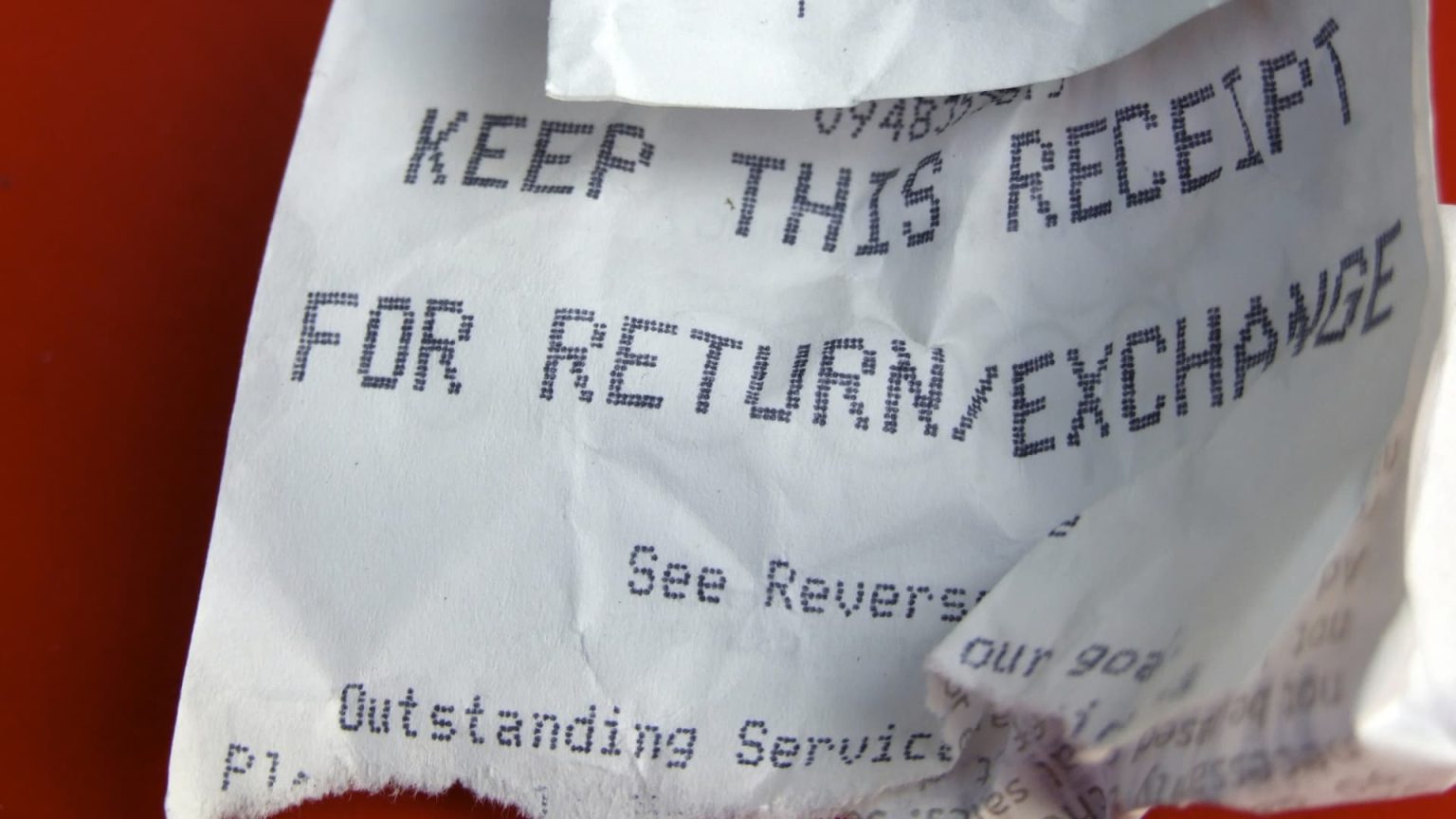Retailers in the U.S. are cracking down on returns, with 81% of them implementing pay-to-return policies in 2023. Many well-known retailers, including Amazon, Macy’s, T.J.Maxx, Walmart, and Staples, have made changes to their return policies such as shrinking return windows, charging for returns, or simply telling customers to keep the items. With shoppers returning about 14.5% of retail sales, which equates to $743 billion in returned goods, retailers are finding it costly to put these items back on the shelves, often costing up to 40% of the original retail price.
In addition to changing return policies, many U.S. retailers have been quietly tracking and targeting return behavior using third-party loss-prevention services. The Retail Equation, a software provider, assigns return scores to shoppers based on data provided by retailers, allowing the software to override a store’s return policy and deny refunds to shoppers. This tracking is often done without customers’ knowledge, leading to many feeling blindsided when they are told they cannot return an item or are banned from returning products altogether.
Customers have reported following a store’s return policy and still being issued warnings by The Retail Equation. Some have found incorrect information on their reports and have no way of knowing or remedying the situation until after their return is rejected. These issues have led to lawsuits and Better Business Bureau complaints, highlighting the lack of transparency and potential for inaccuracies in the tracking system used by retailers.
The high value of returned goods and the cost associated with putting them back on shelves have led retailers to crack down on returns, with many implementing pay-to-return policies and using third-party services to track return behavior. The Retail Equation assigns return scores to shoppers, allowing the software to override store policies and deny refunds. However, many customers are unaware of this tracking and have reported being blindsided when they are unable to return items or are banned from returning products.
Online shopping has only increased the challenges faced by retailers when it comes to returns, with many now facing the costly process of restocking returned items. As a result, retailers are cracking down on returns through various measures, including pay-to-return policies and the use of third-party services to track return behavior. Despite efforts to reduce return losses, issues such as inaccuracies in tracking and lack of transparency have led to complaints from customers and legal action against retailers. Understanding the implications of these changes and how they may impact shoppers is important for both retailers and consumers alike.


